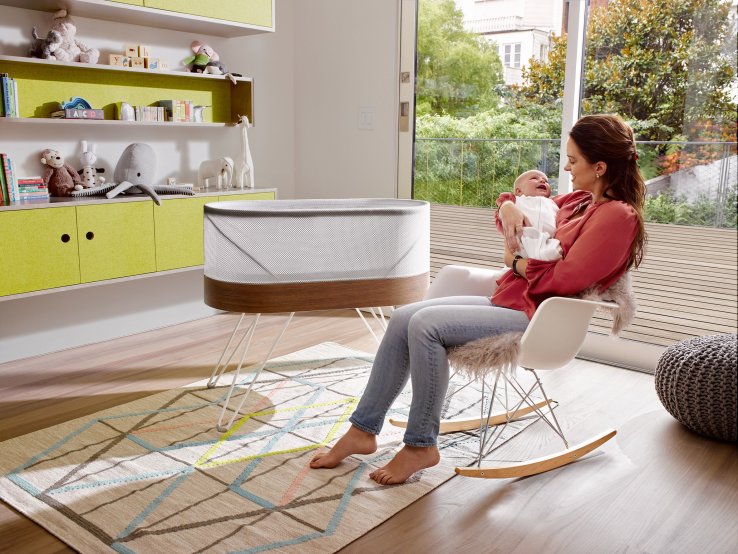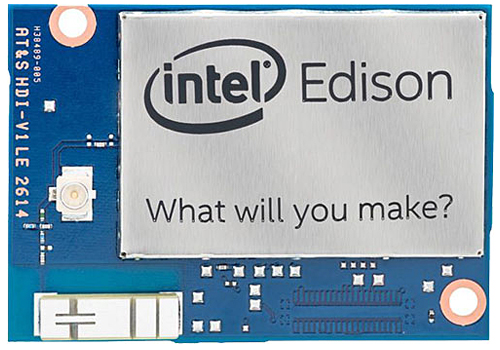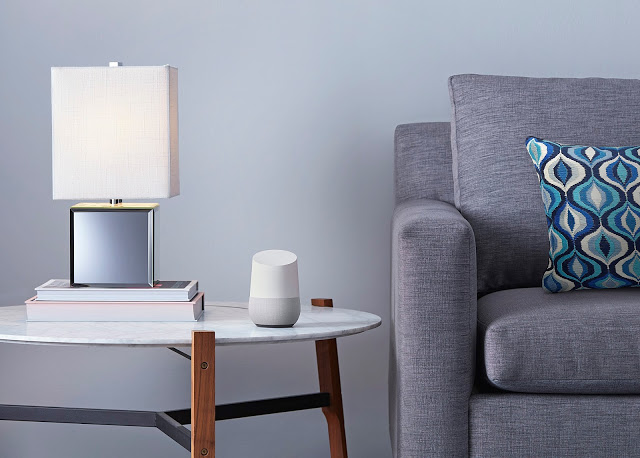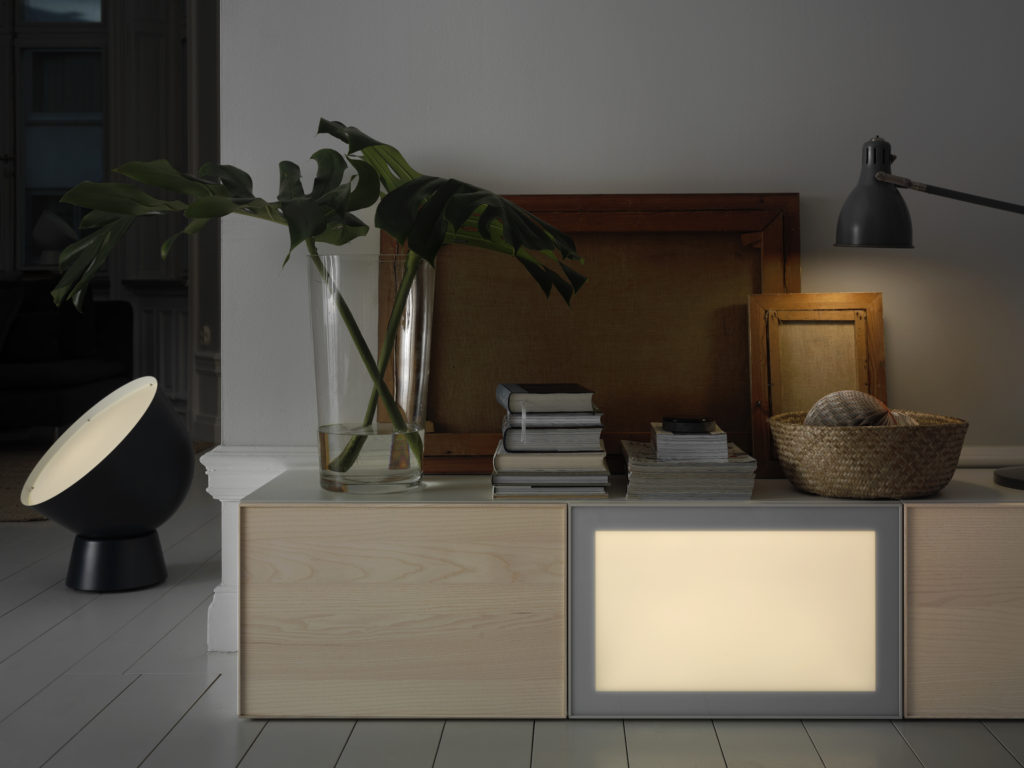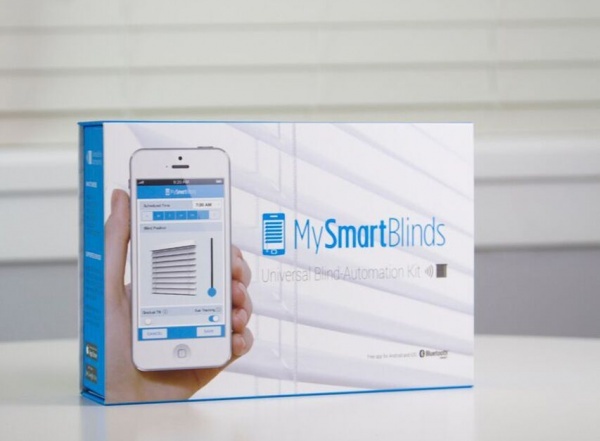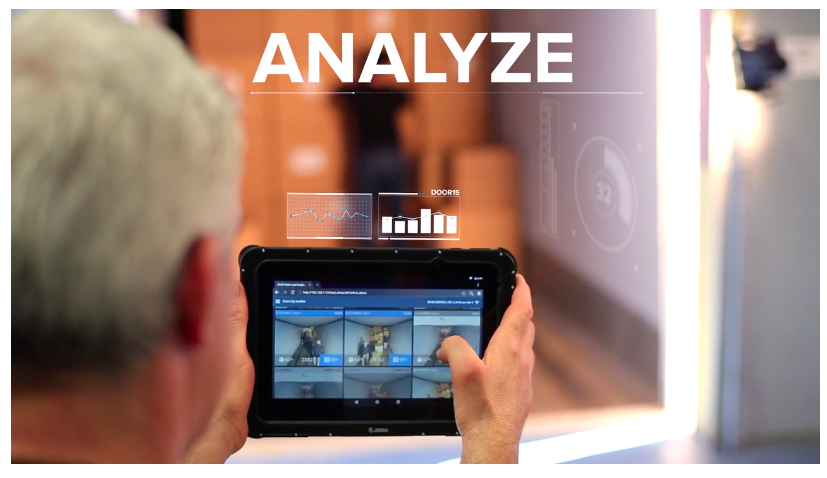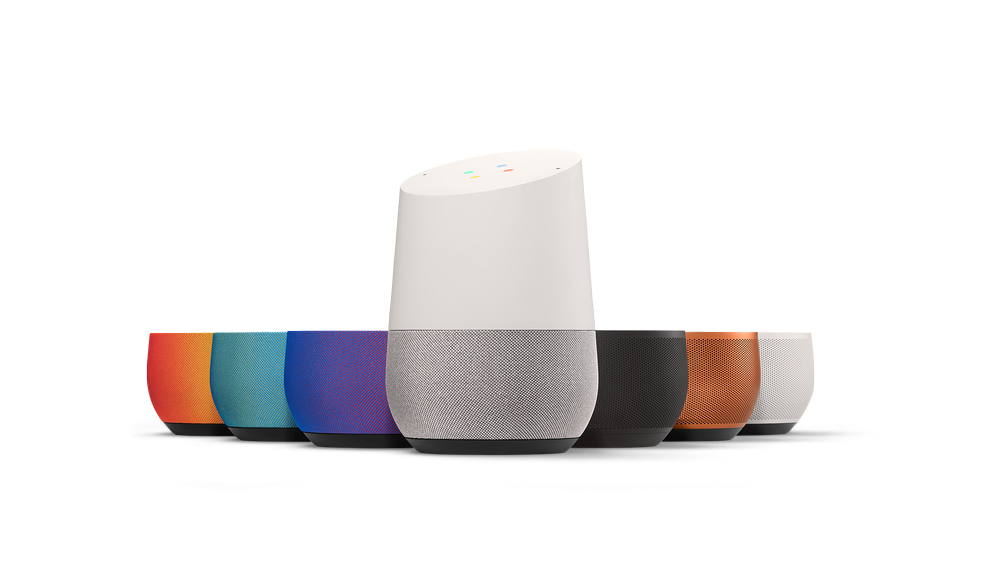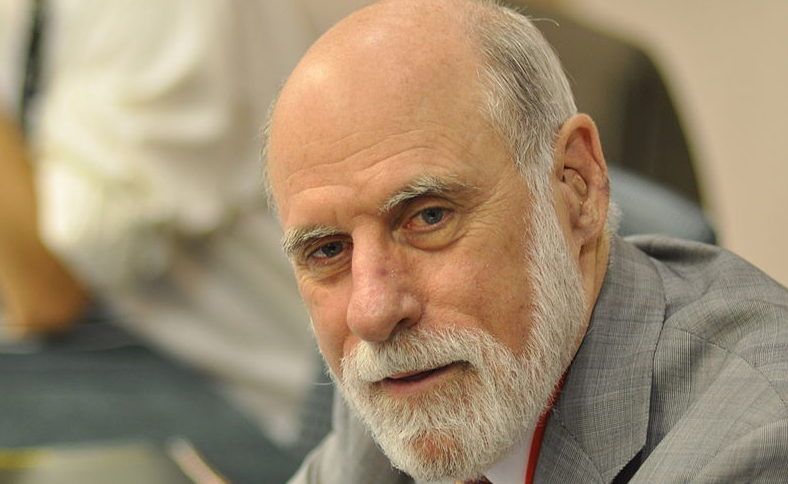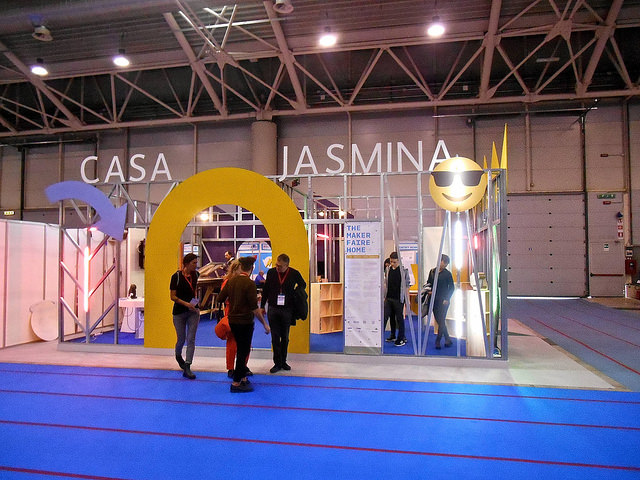This week launched our new hotline feature with a comment and question from you guys. Keep them coming! Before we got to the Q&A, Kevin and I discussed news from IFA, Europe’s largest appliance show. There are smart fridges, roaming fridges, washing machines and yes, speakers. We also discussed a Cat-M1 network in Africa, noting that it has an unusual property. Because it’s a day ending in Y we also had a security breach to discuss. We ended with a user experience adventure I had with my WeMo dimmer switch.
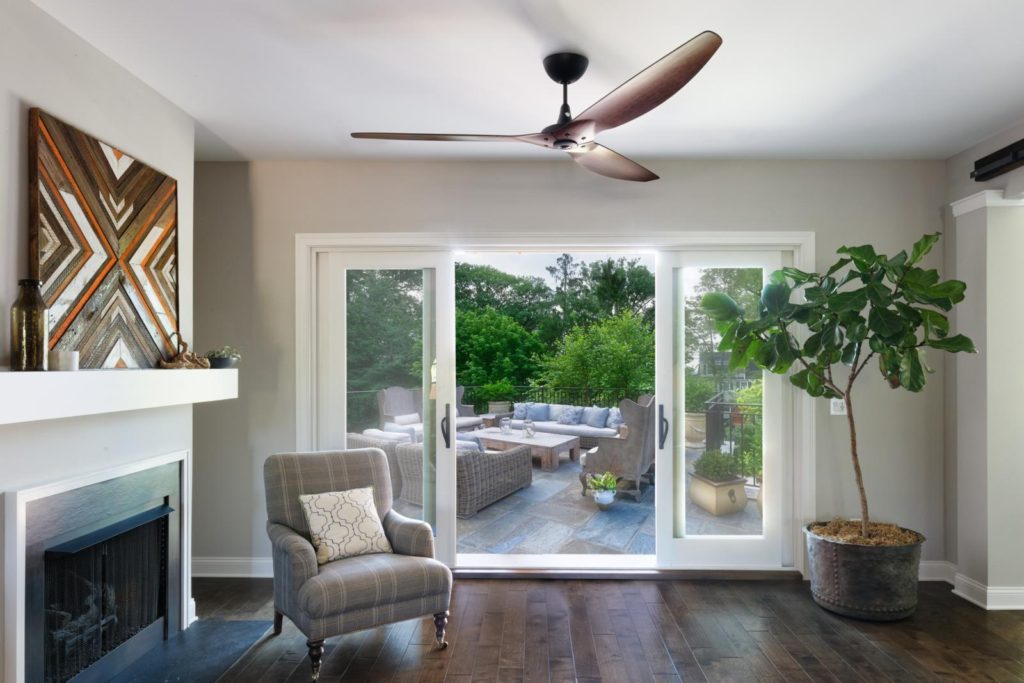
Want to build a connected product? Then listen to Landon Borders of Big A** Fans talk about his company’s experience building a high-end connected ceiling fan. It’s a look at the beginnings of the internet of things and also shows off lessons every product manager should heed when thinking about building a connected product portfolio. He offers thoughts about working with HomeKit, Alexa and Google as well as his thoughts on manufacturing and customer service. He also drops a few surprising stats. Enjoy!
Hosts: Stacey Higginbotham and Kevin Tofel
Guest: Landon Borders, VP of connected products at Big A** Fans
Sponsors: ForgeRock and Xively
- Roaming fridges and what makes a smart speaker?
- Greg has a question about Homeseer
- Only half of Big A** Fans customers use the connected features
- Thoughts on Thread
- There are the platforms that matter in the smart home
Podcast: Play in new window | Download | Embed
Subscribe: RSS

